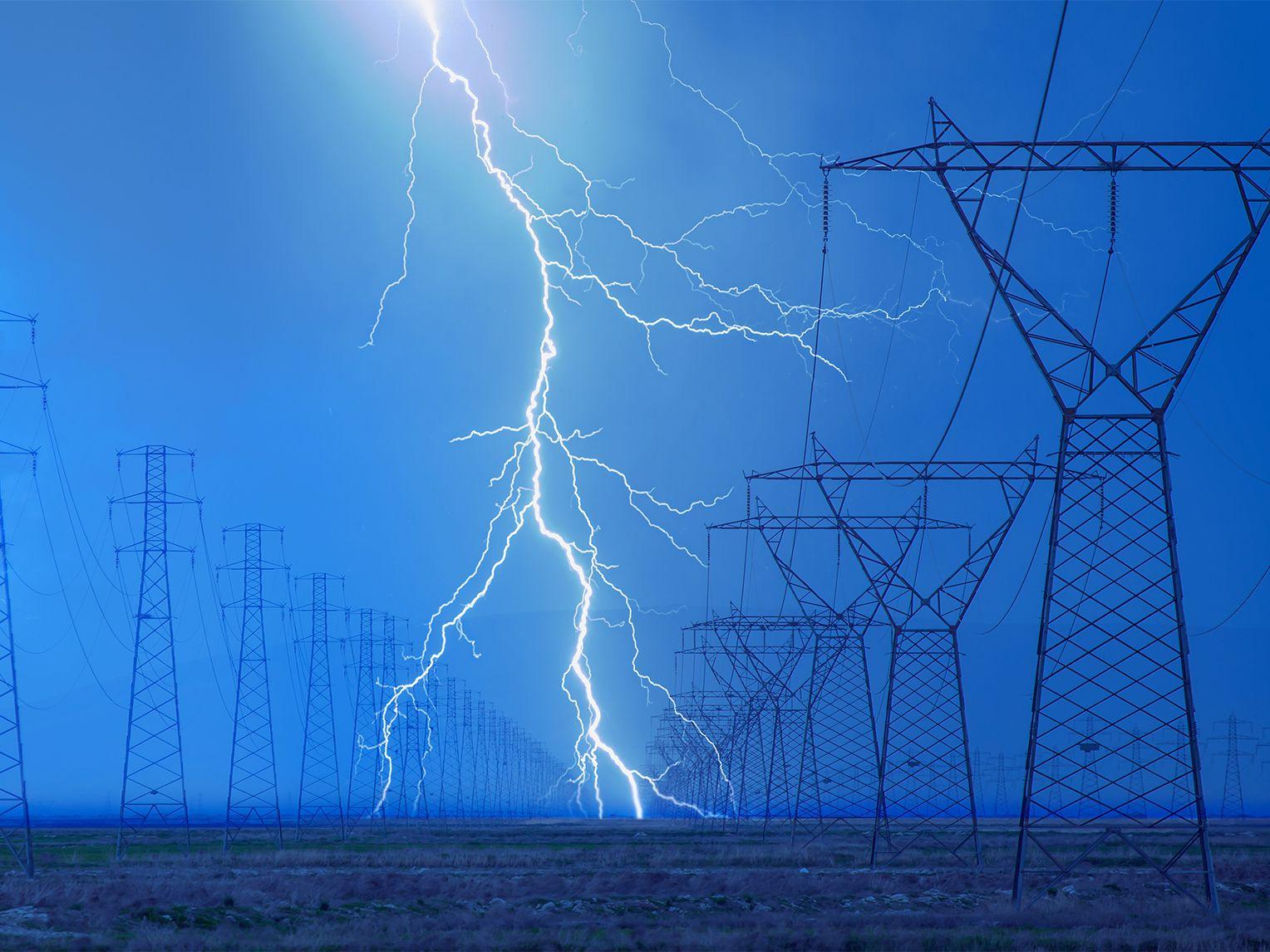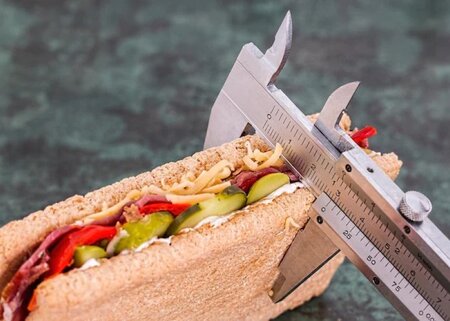Emergency Weather Radio is a Must for Your Home

We’ve all seen plenty of bug-out bag lists. Many of them contain a lot of the same items. Including survival food, water, flashlights, batteries, first-aid kit, etc.
Some of these lists contain an emergency weather radio. But some don’t. My question is, why not? It seems like an essential item to me.
When the electric grid goes down, we might not be able to get essential weather reports we need from radio, television and the Internet.
Those reports would enable us to make crucial decisions regarding whether we need to bug out or hunker down. And which direction to head if we do bug out.
What is an emergency weather radio?
Are you on the fence regarding whether to purchase an emergency weather radio? Let’s take a look at what it is and what some of its features are. Then maybe you can decide.
National Oceanic and Atmosphere Administration (NOAA) Weather Radio is a nationwide network of radio stations.
They broadcast continuous weather information directly from the National Weather Service offices across the country.
They have more than 1,000 transmitters covering all 50 states. Plus coastal waters, Puerto Rico, the Virgin Islands and U.S. Pacific territories.
The broadcasts include warnings, watches, forecasts, current weather observations and other hazard information, 24 hours a day.
You need a special receiver or scanner
NOAA Weather Radio works with the Federal Communications Commission’s Emergency Alert System.
The warnings and post-event information include weather emergencies (tornadoes, hurricanes, etc.) and technological issues (oil spills, chemical releases, etc.).
NOAA Weather Radio broadcasts in the VHF public service band. So, you need a special radio receiver or scanner to pick up the signal.
Most of the voices heard on NOAA Weather Radio are computer generated. The male voice reads most of the public forecasts and observations. The female voice reads the marine forecasts.
Emergency weather broadcasts are reliable
The best thing about an emergency weather radio is that it provides around-the-clock information. Automatically and instantly.
Cell towers and networks are vulnerable to extreme weather. Service disruptions can occur.


NOAA Weather Radio, on the other hand, is a reliable way to stay informed when you need information that could influence your survival.
No home should be without one
Homes are required to have smoke detectors. As they should be. But why not emergency weather radios as well?
Early warnings are the best protection for families during extreme weather. And that’s what you get with an emergency weather radio.
The Federal Emergency Management Agency (FEMA) estimates that weather radios provide as much as eight minutes warning to move family and pets to a secure location in the home.
These emergency weather reports are the same ones that meteorologists and emergency personnel use.
A “watch” means trouble’s on the way
What are some of the alerts you’ll receive with an emergency weather radio? And which ones require immediate action? Let’s briefly examine them.
A watch means to be prepared. It is issued when hazardous weather is possible and conditions are prime for severe weather to develop.
Watches are generally issued hours before the weather event begins, and usually cover a large geographic area.
In the case of a watch, the potential event poses a significant threat to the public. But specific time and location details are uncertain.
Warnings, advisories and statements
A warning, on the other hand, means to take action immediately. The event is either imminent or already occurring.
A significant threat to public safety and property is in effect with a warning. Take immediate preventative measures because you may only have a few minutes to react and seek shelter.
An advisory means to stay aware. They generally pertain to less severe weather events. An example would be a freezing rain advisory, as opposed to an ice storm warning.
Official statements are follow-up messages regarding a previously broadcasted warning, watch or emergency. Such as a power outage statement.
Liberty Band radio has it all
So, should you get an emergency weather radio for your home?
They say knowledge is power. Without one, you may not have the knowledge you need at the most important time.
The Liberty Band Emergency Solar Radio from 4Patriots is the last radio you’ll ever need. In just one revolutionary, solar radio you’ll get 12 features. They are:
- NOAA weather alerts
- Seven 24/7 weather channels
- AM/FM and shortwave radio
- Headphone jack for discreet listening
- 4 ways to charge it (solar, hand-crank, AAA batteries and USB)
- Ultra-lightweight (about one pound), so it can go anywhere
- Solar panel
- Ultra-bright LED flashlight
- LCD display clock with alarm
- 600 mAh power bank
- Smart-light charging
- Metal clip for easy carrying
You can even use the Liberty Band Emergency Solar Radio to power your cellphone and other critical devices.
Explore More Insights
References:
- All testimonials in this advertisement are from real people; sometimes names and photos have been changed to protect their privacy and some were given free products in exchange for their honest feedback. Testimonials represent exceptional results, don't apply to the average purchaser and are not intended to guarantee that anyone will achieve the same results. The organizations, publications and people referenced on this site are not affiliated with 4Patriots. They have not endorsed, sponsored or recommended this product; no affiliation or endorsement is claimed. Terms & conditions apply. Cade Courtley is a former Navy SEAL and Platoon Commander who served 9 years of active duty and has been compensated by 4Patriots for his hard work in helping us test and endorse this product. Cade Courtley is a former Navy SEAL who served 9 years of active duty and has been compensated by 4Patriots for his hard work in helping us test and endorse products.



